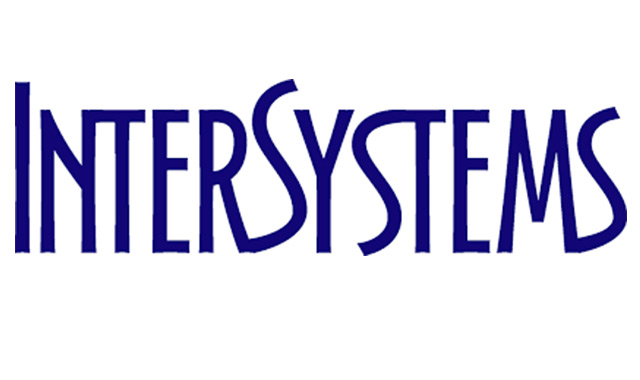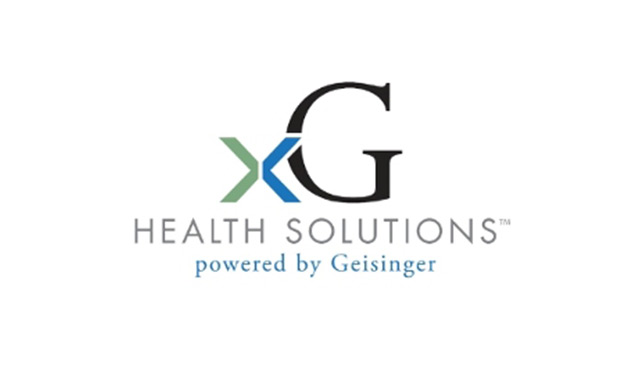InterSystems has launched a patient engagement platform called HealthShare Personal Community that can provide patients with an easy-to-understand, comprehensive view of their health information.
Based on InterSystems’ HealthShare health informatics platform, HealthShare Personal Community is being aimed not just at hospitals looking to provide an interactive patient portal, but to GP and aged care organisations also looking to do the same.
The idea is to be able to extract and access information from medical records in multiple formats and from different care settings, and to support services such as appointments, repeat prescriptions, provider-patient dialogue and patient education.
Personal Community includes a health timeline for the patient, with health history able to be viewed as episodes or searched by factors such as medications. Patients can assign family members or others on the care team as proxies who can view their records.
It has secure messaging functionality to enable patients to communicate directly with their care team, and it also features convenience services such as referral and prescription refill requests. Healthcare providers can also add tailored patient education materials and localised news and events.
While patient portals provided by healthcare organisations are relatively new to Australia and New Zealand, they are very popular in the US, largely driven by its meaningful use requirements. However, InterSystems believes that those first and second-generation patient portals have failed to deliver significant benefits.
The company says early patient portals were one-dimensional personal health record (PHR) applications that required the patient to enter extensive personal data, “dooming them to failure”. Second-generation portals on the other hand, are usually single-source solutions tethered to specific EHR or EMR systems.
InterSystems is calling Personal Community a ‘third-generation’ patient engagement platform that has been designed from the ground up on an interoperable foundation, ensuring the patient has a single gateway to medical records across the care continuum.
InterSystems’ marketing director for the Asia Pacific region, Lindsay Kiley, said Personal Community could fill a gap in the market here in Australia.
“Many Australian healthcare organisations have already created patient portals, although with variable success,” she said. “These tend to be portals provided by individual healthcare facilities, tethered to software systems, offering siloed data and engagement processes.
“HealthShare Personal Community offers organisations an easier path to create high-value patient portals. With HealthShare’s underlying capabilities they would have a far more powerful engine for connecting to health information wherever it resides and interacting with patients within a single environment.”
One example would be a hospital network like Mater Health Services in Queensland that already uses HealthShare to connect its disparate systems, Ms Kiley said. HealthShare Personal Community will mean Mater can easily use its existing shared health record to create patient engagement services.
“Three Australian states are also currently HealthShare customers, so they will also be able to extend the capabilities of their health information exchange platform to involve patients and their authorised representatives in the provision of care services,” she said.
It will also be available as a module on InterSystems’ TrakCare healthcare information system. Ms Kiley said InterSystems has a number of regional TrakCare customers in Australia that currently use multiple systems and this would enable them to launch a comprehensive patient portal.
“TrakCare customers now have access to a patient portal that is tightly integrated with TrakCare, but they also have the option to extend the portal and pull data from other non-TrakCare systems that they’re running and provide patients with everything they need to be informed and engaged, in a single interactive environment,” she said.
The applications the acute care sector for handling regular interaction with frequent flyers or those with chronic illnesses are obvious, but Ms Kiley said that while chronic disease is a strong use case for Personal Community, there are also many other groups of patients that would benefit.
“Patient portals have also been created in Australia for expecting mothers to give them online access to information and better co-ordinate the care process, for example,” she said.
“With features like referral and prescription refill requests, appointment scheduling, education content, and form and document management, the HealthShare Personal Community is designed to benefit a broader cohort of patients than just the chronically ill.
“The PCEHR was designed predominantly to help care providers share data, not to facilitate patient engagement and enable patients to interact with the health system more easily. Patient satisfaction is becoming an increasingly important topic, for example, and Personal Community enables care providers to vastly improve and streamline the patient experience.”
She also sees applications in primary and community care. “A general practice would have access to its own patient health records and practice management software, information from pathology and radiology labs, and even the PCEHR, which could be combined to create patient portal services.
“Aged care providers could deploy the portal to keep families informed and engaged as patients can nominate family members as proxy users that can view their records.”
Personal Community is fully configurable to support the organisation’s branding and market identity, with the customer determining what data and what format to present to patients, the enrolment model most appropriate to the population, and the local content and reference materials it contains.
Pricing is based on the size and scope of the customer’s healthcare operations, InterSystems says.

























